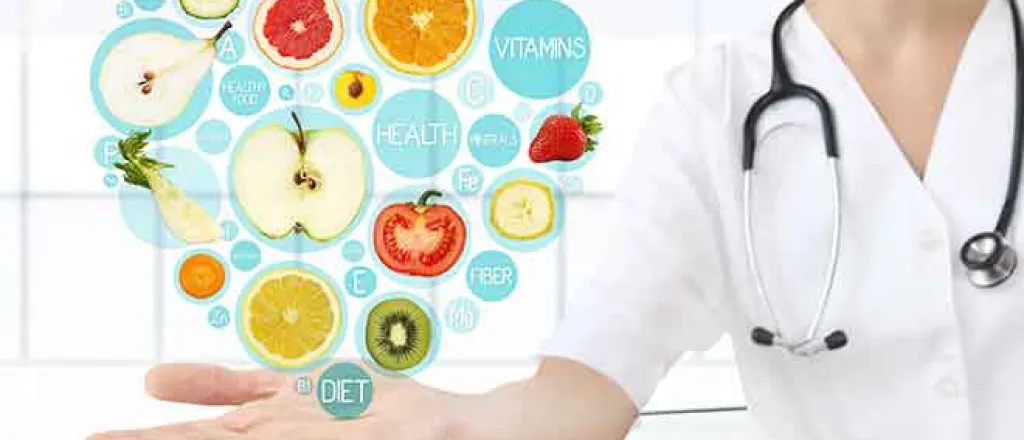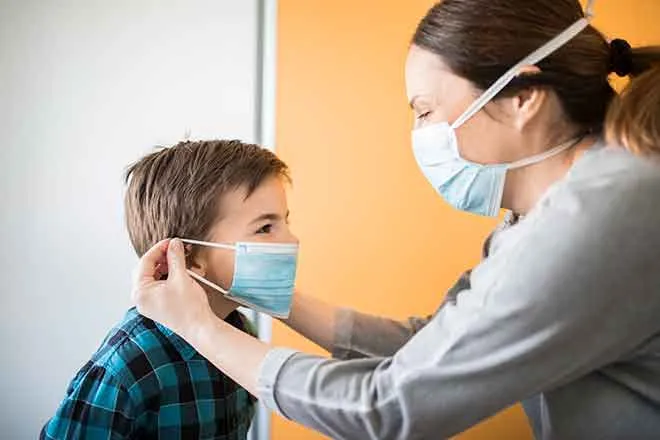
Dear Dietitian – Are processed foods really unhealthy?
Dear Dietitian
My daughter is on a health kick and complains that I use too many processed, convenience foods. She insists these foods are unhealthy and claims that studies prove it. Do you agree with her?
--Overworked Mom
Dear Mom,
One day while working in the hospital, I whipped out a frozen dinner and popped it in the microwave. A co-worker snarled and said, “Ew, that’s bad for you! It’s processed food!” Aside from the annoyance, which I’m quite sure was intended, is it true that processed foods are bad for you?
In our very busy lives, processed, convenience foods have become popular. We often “grab and go.” These foods have some benefits — longer shelf-life, lower cost, and they take less time to prepare. Along with the increase in consumption of processed foods, there has been a parallel increase in obesity rates in the US. We know that obesity increases the risk for heart disease, diabetes, and high blood pressure. The real question is, “Is it the types of foods we are eating that cause the problem or is it the simple fact that we eat too much?”
The National Institute of Health (NIH) performed a study to see if people on an ultra-processed foods diet consumed more calories than those on an unprocessed foods diet. In this study, the NOVA (its name, not an acronym) food classification was used, which classifies foods according to the degree of processing. Ultra-processed foods include soft drinks, sweet or savory packaged snacks, reconstituted meat products and pre-prepared frozen dishes. An easy way to remember this is anything that is ready-to-cook or ready-to-eat.
There were twenty people of stable weight in the study, ten men and ten women. Participants were chosen at random to follow one of two diets for two weeks, then the diets were switched for two more weeks. One group was given a diet consisting of ultra-processed foods. The other group was given unprocessed foods. Unprocessed foods include edible parts of plants and animals, including eggs and milk. Think whole foods. Both diets were matched in calories, protein, fat, carbohydrates, and fiber. The participants were allowed to eat as much or as little as they wanted. The group in the ultra-processed foods group ate an average of 500 calories more each day compared to the unprocessed food groups. The interesting part is that when the diets were switched, the same results were found. In other words, the group who first ate the unprocessed food consumed more calories when switched to the ultra-processed food diet.
The conclusion one might draw from this study is that someone who eats a diet high in ultra-processed foods will likely eat more calories and gain weight, which puts one at greater risk of chronic illnesses such as heart disease, diabetes, and high blood pressure. To say this has been scientifically proven would be an overreach. Many, many more studies need to be done before we can make a sound recommendation concerning ultra-processed foods.
As with any study, there are limitations. The main weakness of this study was its small size. The results of a study of only twenty people cannot be applied to the entire population. It is a start, but only one step off the starting line. It is likely the amount of processed foods in your diet that can become a problem.
Do I believe whole, unprocessed foods are better for you? Yes, and not just for nutritious reasons. During my childhood, we would go to my Granny’s home for Sunday dinner. There was an atmosphere of joy and laughter coupled with a sense of belonging as the aroma of Granny’s homemade dinner filled the air. After dinner was finished and the dishes were washed, the kids would play in the backyard, while the grown-ups sat on the porch swing sipping iced tea and talking about Aunt Florence’s gallstones. Those, as they say, were the good ole days.
Sincerely,
Dear Dietitian


















